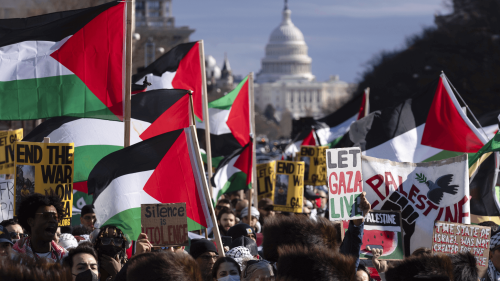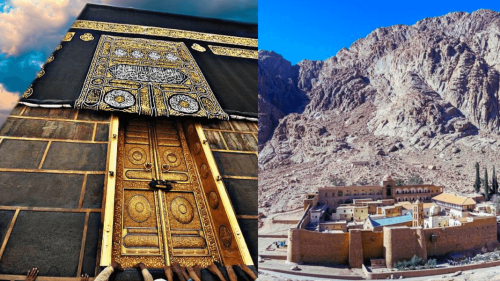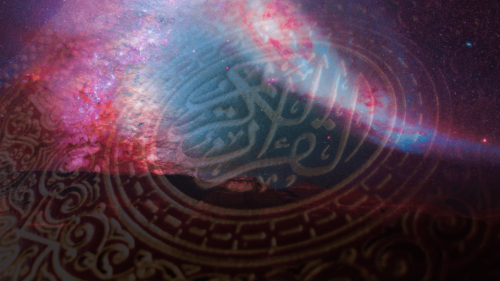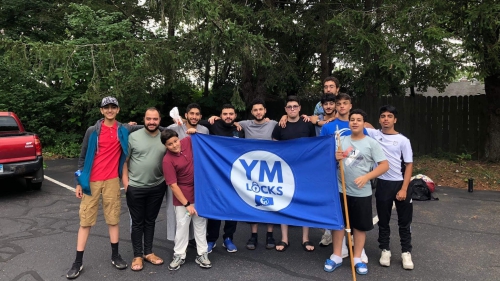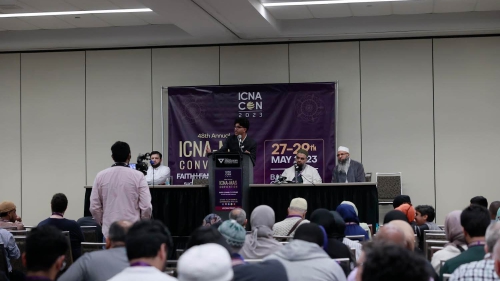The Difference Between Muslims and Sikhs.. Misses the Point
In the immediate aftermath of the horrific shooting at the Sikh Gurdwara (that's the name of a Sikh House of Worship, not temple, not church), the media began to emphasize the difficulty many Americans have distinguishing between Sikhs and Muslims.
As Jian Ghomeshi tweeted: "It's both interesting and disturbing that CNN keeps feeling the need to point out that Sikhs are not Muslims."
Even some Sikh commentators found a need to make it clear that that they are peaceful people, which had a disturbing undertone of differentiating themselves from the "bad", "warring Muslims".
This is a good learning moment for the American people of all religions, and especially for the American media. Yes, Sikhs are not Muslims and Sikhs are not Hindus, but jumping to clarify difference leaves the unfortunate, if unintentional, perception that there is something wrong with those "others."
I am reminded of the run up to the election four years ago when the Obama campaign kept on emphasizing that the candidate was not a Muslim. Only Colin Powell had the guts to stand up and say the obvious: The fact that Obama isn't a Muslim should not be the focus of the campaign, rather we should all remind ourselves that it shouldn't matter if Obama were a Muslim.
Sikhs from all walks of life have clarified to me over the last 24 hours that the most important outcome from this horrible tragedy would be for Americans to become more familiar with the Sikh faith and to understand that they are a beautiful part of the fabric of American spiritual practice.
Sikhs are not interested in being identified as "not Muslim." American Sikhs would rather their tradition be understood for what it is, rather than what it is not.
I want to offer a personal anecdote about my first major interaction with the Sikh tradition. In 2004 I brought students from the Religious Life Council from Princeton University over to Barcelona to present at the Parliament of the World's Religions.
We saw in the program that the Sikh community had decided that they would provide langar, which is a meal, for the entire parliament -- every day, for the whole week.
My first thought was that they must be mistaken, that only a few from thousands at the Parliament would be invited to attend. But no, all comers from every religious background, and from around the world, filed in and were seated in rows while gracious members of the Sikh community dished out wonderful food to all who were hungry.
While our Sikh hosts were preparing and serving the food, I noticed that their lips were moving. When I asked about this, it was explained to me that they were praying, as hospitality is a sacred act.
The act of generosity displayed by the Sikh community in Barcelona has stayed with me as I worked alongside the Sikhs during my remaining years at Princeton. These young people likewise have provided wonderful hospitality and good will across the University campus by working and learning side by side with Hindus, Muslims, Christians, Jews, Buddhists and the entire wider Princeton community.
The horrific tragedy in Wisconsin was allegedly perpetrated by a man who was mired in the pit of white supremacy. He never had a chance to know the kindness and love the Sikh community and all of our communities have to offer. That was his and all of our loss. Let us get to know our Sikh sisters and brothers, as well as all of the "others" in our neighborhoods so that we might grow stronger as one nation, and as one global community.
Rev. Paul Brandeis Raushenbush is the Senior Religion Editor for the Huffington Post. From 2003-2011 he was the Associate Dean of Religious Life and the Chapel at Princeton University.









